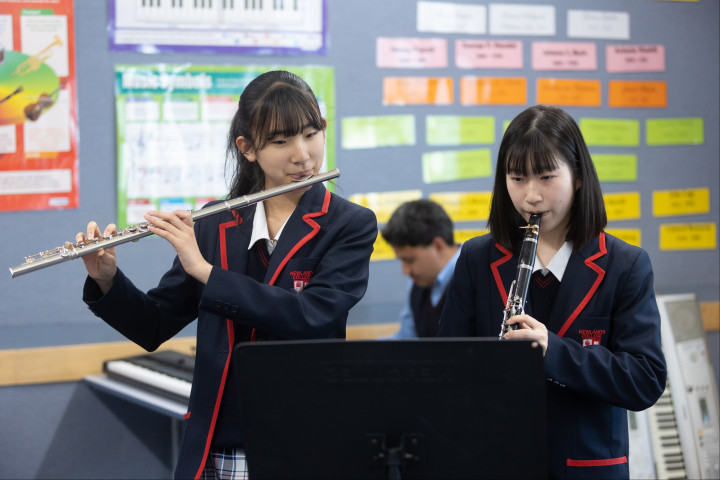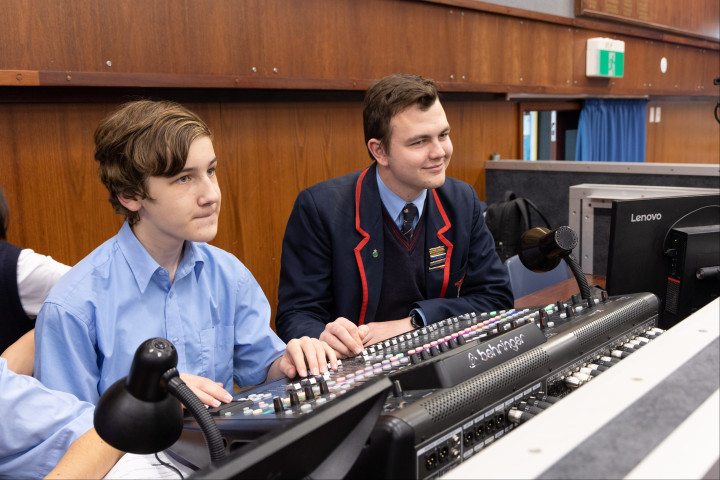×
![]()

Welcome
Newlands College is a state co-educational, uniformed school that caters for Year 9 to Year 13 students. The college has a safe, caring and supportive environment with a reputation for encouraging students to achieve excellence. Our college's ERO report has confirmed that:
- Positive, respectful relationships underpin all aspects of school life.
- The environment is welcoming, safe and inclusive.
- The curriculum is effective in promoting learning: engagement, progress and achievement.
As a community the school values:
- whānaungatanga - positive relationships
- mātauranga - gaining knowledge
- akoranga - learning together
- manaakitanga - caring for each other
Overall, results have been at or above the national figures over several years. Teachers' and leaders' decisions focus on improving outcomes for all students.
Newlands College
(04) 473 4136
Physical Address: 68 Bracken Road, Newlands, Wellington 6037
Postal Address: PO BOX 26079, Newlands, Wellington 6442



